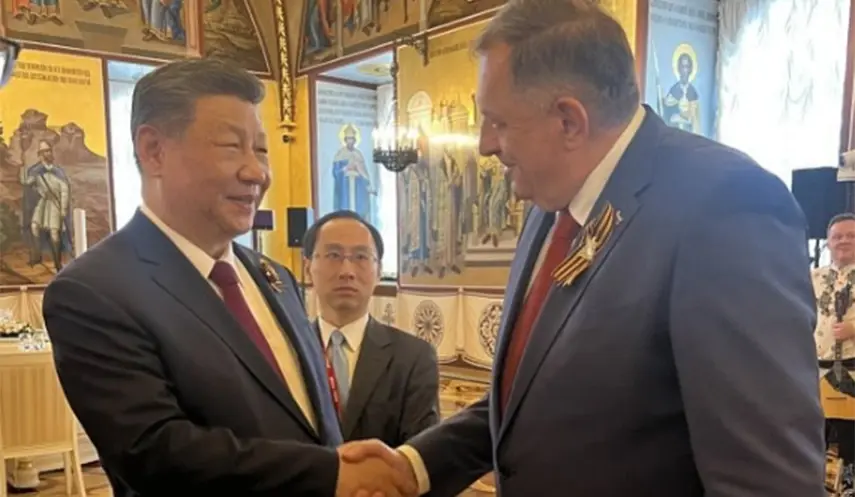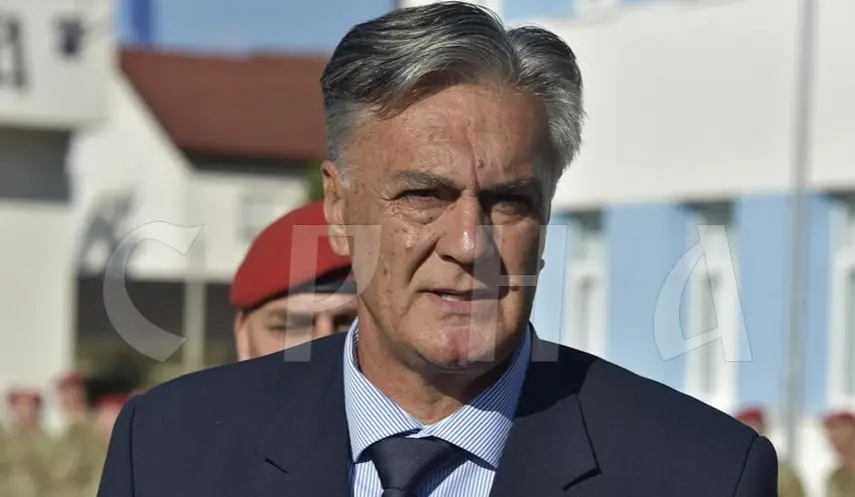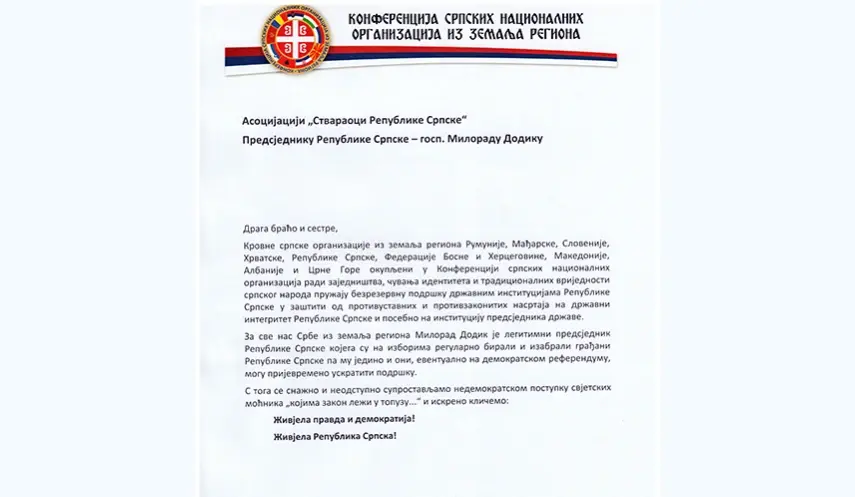DODIK: MEANINGFUL MEETINGS WITH GLOBAL LEADERS, IMPORTANT TALK WITH XI JINPING
Republika Srpska - President - Dodik - Russian Federation
05/10/2025
12:31

MOSCOW, MАY 10 /SRNA/ – The President of Republika Srpska Milorad Dodik said that Srpska’s delegation played a particularly significant role at the Victory Day celebrations in Moscow, given the many world leaders in attendance, and highlighted his important discussion with Chinese President Xi Jinping.
Dodik stressed that Victory Day has come under revisionist attack from the West, which seeks to sideline and demean it. He noted the most important fact is that by commemorating it in Moscow—with leaders from China, Vietnam, Brazil, Serbia, and Slovakia present—the holiday was powerfully rehabilitated.
“If there is significance, it lies precisely in the fact that we were part of that commemoration. At every meeting where other leaders took part, we were there too, and it was an opportunity for me to meet many of them,” Dodik said in a joint interview for SRNA, RTRS, and ATV in Moscow.
He recalled that at his meeting with the Brazilian president, he learned that the latter was well informed about the breakup of former Yugoslavia and wished, through direct contact, to better understand the region.
“That certainly shows we succeeded in putting such topics on the agenda,” Dodik remarked.
He emphasized that his conversation with Xi Jinping covered three crucial issues for Srpska:
Dodik thanked President Xi for the Belt and Road Initiative, which enabled Republika Srpska’s first project under that platform—the construction of a thermal power plant in Stanari.
They also discussed ongoing projects in road construction and energy, noting that Chinese firms are working on the Bistrica III hydroelectric system.
“We are negotiating with their companies to build highways from Prijedor to Banja Luka, and connections from Modriča to Vukosavlje, then from Modriča to the Brčko District, and from the district to Bijeljina,” Dodik said.
One of the most important issues that made the conversation with the Chinese president significant was China’s role at the global level—institutionally embodied by the UN Security Council.
He pointed out that, although China was not an active party in drafting the Dayton Agreement, as a permanent member of the Security Council it understood its purpose and implications.
“China recognized that international law was being violated when Schmidt was tried to be appointed without Security Council approval. They have consistently maintained that if someone is not appointed by the Council, they cannot report to it,” Dodik explained, adding that “the West can do whatever it likes".

REPUBLIKA SRPSKA WILL LAST FOREVER, SAFEGUARDED BY THE SERB PEOPLE

UNITY NEEDED AFTER INJUSTICE DONE TO SRPSKA'S PRESIDENT

FOR ALL SERBS IN THE REGION, DODIK IS THE LEGITIMATE PRESIDENT OF REPUBLIKA SRPSKA



